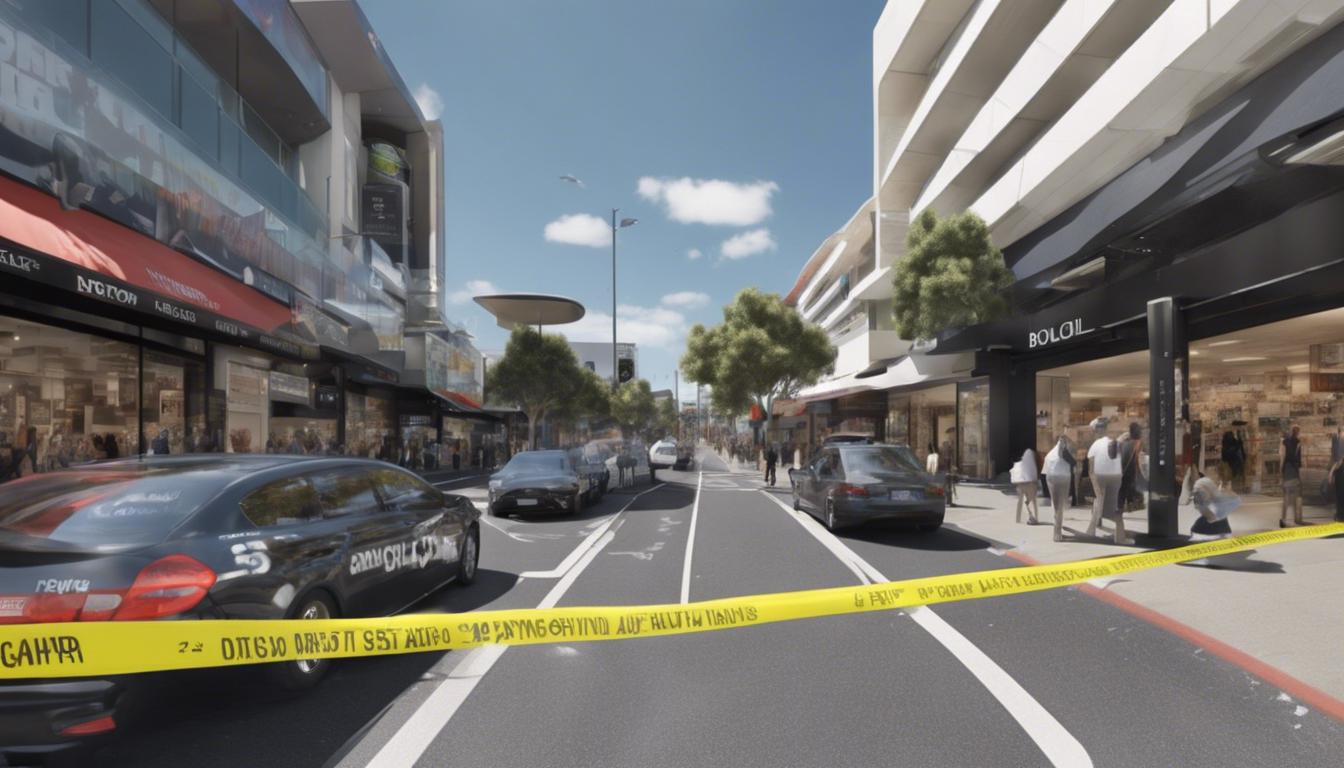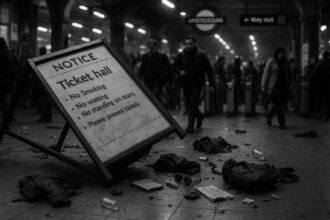A fatal stabbing attack in Bondi Junction, Sydney sparks misinformation and a wave of Islamophobia and antisemitism online, raising issues about the spread of false information and social media responsibility.
On April 14, 2024, a tragic stabbing attack occurred at a shopping centre in Bondi Junction, Sydney, resulting in the deaths of six individuals. The assailant, 40-year-old Joel Cauchi from Queensland, was fatally shot by a police officer during the incident. Subsequent investigations revealed Cauchi’s complex background, including advertisements as a male escort and attempts to join firearm groups. Described as experiencing long-term mental health issues, his online persona conflicted with this description, portraying him instead as athletic and sociable.
In the aftermath of the attack, rapid dissemination of misinformation complicated public understanding and response. Incorrect claims circulated on social media, mistakenly linking the attack to Islamist terrorism and incorrectly identifying individuals such as Benjamin Cohen as the perpetrator. These false allegations, which were also initially supported by erroneous reporting from a major news outlet, sparked widespread Islamophobic and anti-immigrant rhetoric online.
Organizations like the Australian Muslim Advocacy Network and the Jewish Council of Australia have condemned the xenophobic and antisemitic backlash resulting from these falsehoods. They have each called for greater responsibility among social media platforms and media outlets to curb the spread of harmful content and misinformation. The ongoing investigation into the events at Bondi Junction continues to underscore the challenges of managing false information and its harmful implications within digital and public spheres.













